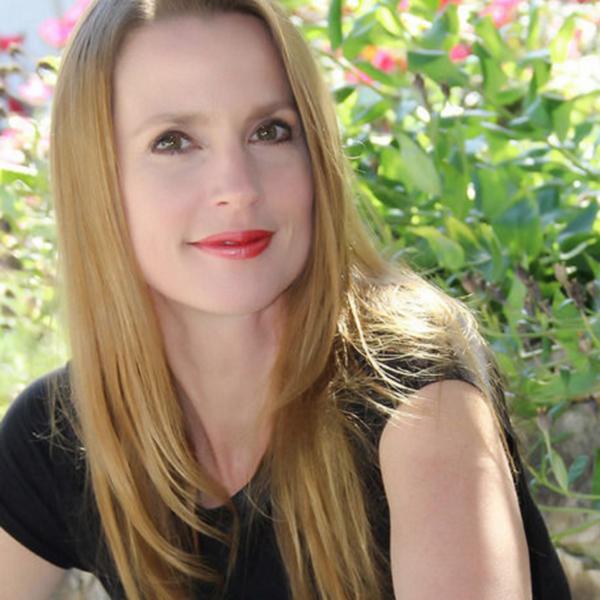Alex Brandwein
In 2018, Alex chose to come to UNC for its MBA Program to explore his entrepreneurial passions, to cultivate his leadership skills and to develop the tools necessary to start a business. Alex immediately fell in love with the community and recognized an opportunity to share his love of New York-Style bagels by opening up a shop in downtown Chapel Hill. Alex could not have opened the shop without the support of UNC and the broader Chapel Hill/Carrboro community.
Alex is originally from New York and received his undergraduate degree from the University of Wisconsin-Madison in 2011. After college, Alex spent eight years in investment banking and private equity in Chicago and then New York. Outside of work, Alex enjoys everything: ice hockey, reading biographies, and listening to all types of podcasts.
Celia Furlow
"I hope that by sharing my experience, I encourage others to feel comfortable with their own complexity!"
Celia is a junior at UNC Chapel Hill studying public policy and sociology with a minor in education. She's an adoptee from Vietnam investigating her identity to both herself and the world.
Jeremy Del Rio
Jeremy R. Del Rio, Esq., co-founded and leads Thrive Collective, a nonprofit that creates hope and opportunity through arts and mentoring in public schools.
A life-long social entrepreneur, he started his first nonprofit as a teenager in the early 90s, and dozens of strategic initiatives since then. He connects, trains, and mentors youth workers nationally, and has taught youth and community development since 2004.
He has consulted businesses and nonprofits on equity and inclusion since 2000; and also worked as a corporate attorney in New York before resigning after 9/11 to lead relief work at Ground Zero.
He has contributed to six books, and his articles have appeared in scores of publications. Jeremy received his B.A. and J.D. from New York University, and certifications in nonprofit leadership from Columbia University and the DeVos Urban Leadership Initiative.
Keelyn Foley
Injury, disorder, and anatomy can be used to make the claim that everything that makes humans ourselves can be separated from our brain. What makes us seem to be separated from what our brain makes us do.
Keelyn's talk poses the question: "If your brain made you do something, are you still to blame?"
Through a series of examples, Keelyn proposes the complexity of a philosophical debate threatening our criminal justice system. At a time in which an increasing number of criminals seem to be using the excuse “My brain made me do it,” her talk asks society to make a stance on this neuroethical debate in order to change blame in society and stand strong in the face of this challenge.
Sonja Ebron
Sonja Ebron couldn't afford a lawyer when she was sued. So she represented herself in court and discovered that "Equal Justice Under Law", the phrase engraved on the Supreme Court building, rarely makes its way into the courtroom. Sonja also discovered that millions of people experience this failure of democracy each year, so she co-founded Courtroom5 to help people represent themselves effectively.
Sonja believes the roots of innovation are found in the collision between personal experience and core values.
